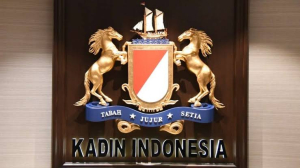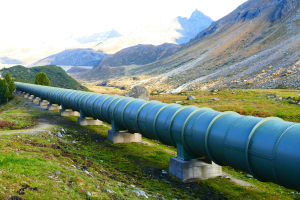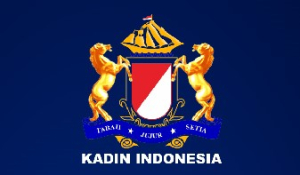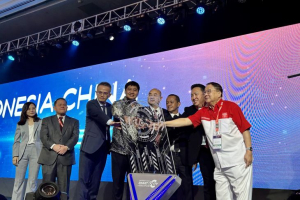Ministry of Industry stresses no need incentives in manufacturing sector for emission reduction
Agus Gumiwang Kartasasmita, the Minister of Industry, has emphasized that there is no need for incentives to induce emission reduction among manufacturing industry players. He believes that such reduction efforts will occur voluntarily due to the growing trend of green products in the global market.
Agus states that the industrial sector holds a responsibility to reduce emissions, making emission reduction in the manufacturing sector a necessity. He highlights that as a consequence, the manufacturing sector will adapt to the global shift towards green products.
"Ultimately, the manufacturing sector will adapt as the world moves toward the trend of green products," Agus stated on August 23, 2023.
Agus asserts that industries failing to reduce emissions in the future will encounter challenges. He argues that manufacturers who do not take steps to decrease emissions will struggle to compete in the global market, especially within Europe and the United States. Moreover, both Europe and the United States are becoming increasingly stringent in implementing green criteria.
Earlier, Bobby Gafur Umar, Vice Chairman for the Industrial Sector at the Indonesian Chamber of Commerce and Industry, acknowledged that the manufacturing sector contributes to air pollution issues in Jakarta, Indonesia's capital city. Consequently, business entities hope the government will provide incentives for the installation of filters and solar panels in factories.
Bobby has previously engaged in discussions with the Ministry of Industry regarding the installation of filters in factories around the capital. He urges the government to incentivize business owners to invest in filter installation and make factories more environmentally friendly.
"Such investments are looked at piece by piece. As a result, entrepreneurs are not interested; they shy away," Bobby stated.
Meanwhile, PT Perusahaan Listrik Negara (PLN), the state electricity company, has reported that gas sources contribute up to 51% of emissions in DKI Jakarta, with oil accounting for 51% and coal approximately 0.42%.
Within sectors, transportation holds the largest share in air pollution generation in the capital city, contributing around 44%. In comparison, the manufacturing sector's contribution is 31%, energy for manufacturing stands at 10%, housing needs are about 14%, and the commercial sector accounts for only 1%.
Cumulatively, the manufacturing sector contributes 41% to Jakarta's pollution levels. IQAir data also reveals that the primary air pollutant in Jakarta is PM2.5, with a concentration of 47 µg/m³ (micrograms per cubic meter) as of August 28, 2023. This value is 9.4 times higher than the World Health Organization's (WHO) annual air quality guidelines.
Already have an account? Sign In
-
Start reading
Freemium
-
Monthly Subscription
30% OFF$26.03
$37.19/MonthCancel anytime
This offer is open to all new subscribers!
Subscribe now -
Yearly Subscription
33% OFF$228.13
$340.5/YearCancel anytime
This offer is open to all new subscribers!
Subscribe now






